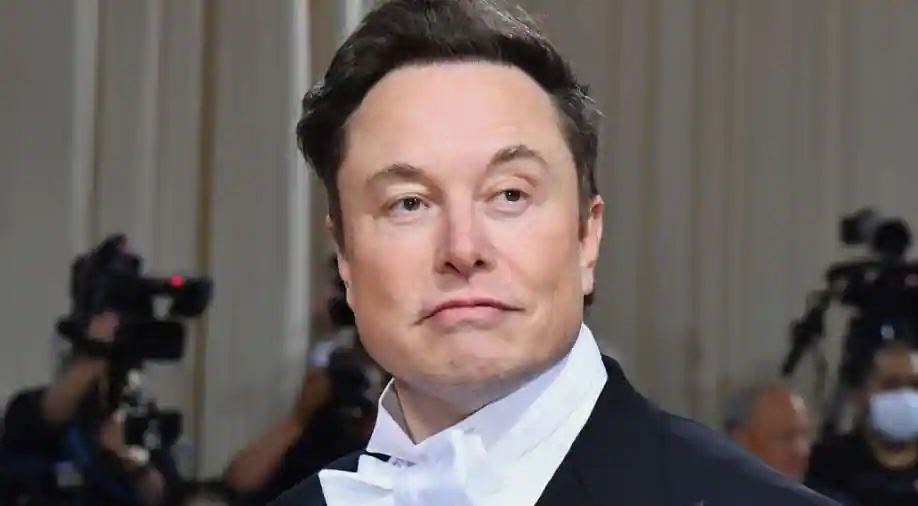By Jianli Yang and Evan Osborne
Elon Musk’s decision to reverse course and offer to complete his $44 billion purchase of Twitter has again garnered concern about how his business interests in China could potentially affect his proclaimed approach to free speech on the social media platform, both inside and outside of China.
As the sole owner of this global public square of speech, Musk inevitably will be entangled with regimes that are hostile to free speech and to the human rights of their people. In particular, he controls Tesla, the electric-vehicle producer. Before its cars roll off the assembly line, they incorporate parts, notably batteries, that depend substantially on minerals extracted and processed in China. Tesla runs a state-of-the-art factory in Shanghai, and recently announced plans to build a second factory. The Chinese are significant buyers of the company’s final product; the country is Tesla’s second-largest market after the U.S.
The scale of Musk’s operations in China could make him vulnerable to intimidation by its communist leadership. It is one thing to buy outright a social media company in a country where the government poses no threat to free speech. It is another to buy it when entangled with one of the world’s most repressive governments, which has a history of forcing private companies to serve its interests. Musk has said he wants to create “the everything app” and that he admires China’s WeChat, owned by Tencent.
Three problems could arise.
The first is similar to the one Musk has accused Twitter of under its current ownership: the suppression of speech that the site owner finds objectionable. On Chinese social networks analogous to Twitter, censorship is swift and ruthless. Whether it involves the government’s censoring, from the beginning, information about COVID-19 (and punishing those who published it, notably Dr. Li Wenliang), or the accusation of tennis player Peng Shuai last year against a high communist official, anything that threatens the regime is scrubbed. It is not difficult to imagine circumstances under which China would try to demand that Musk do its bidding, even subconsciously, by limiting what can be said on Twitter.
The second danger goes beyond censorship and involves the potential use of Twitter to seek out and threaten Chinese dissidents. The Chinese Communist Party (CCP) in recent years has extended its repression machinery overseas in general, and its vast army of trolls has engaged in online mobbing in particular. Saudi Arabian online mobbing of its own dissidents has occurred in part through Twitter, and it has been alleged that, previously, Saudi Twitter employees were able to unmask people operating accounts belonging to perceived regime enemies. Of course, the platform does not willfully promote such activities, but it has unfortunately facilitated them. There is no reason to think that the Chinese government will be shy about using similar tactics if it can.
The final concern is the possible use of Twitter to spread regime propaganda. Obviously, this is a more complex issue, because even government propaganda is speech, which is why Americans who want to read it can do so at will. In its more benign form, Chinese government propaganda has involved using its writers and entertainers to “tell China’s good story” but, of course, these figures’ careers exist only because of the good graces of the CCP. Twitter currently tries to identify posts by repressive governments’ state media, but it and other platforms have had to cope with governments that flood their spaces with lies, often through fake accounts.
The Chinese military now even views cyberspace as a battlefield of sorts and devotes significant personnel to these tasks. Research from the University of Oxford’s Computational Propaganda Research Project in 2019 singled out China as a “major player in the global disinformation order.” Under its current ownership, Twitter has worked to identify — and sometimes purge — regime-propaganda accounts. The battle will continue under Musk’s ownership. The combination of Chinese government repression of dissent on Twitter and its flooding of the platform with propaganda threatens to deprive users worldwide of a vigorous debate on the dangers posed by the CCP.
While Musk initially claimed to be “a free speech absolutist,” on April 26 he clarified that he would comply with government laws regarding free speech. But we run the risk that the degree of freedom on the platform will vary from time to time, place to place, and issue to issue, and we cannot afford to rely on one individual for the necessary protection of free speech or moderation of speech content — whatever he claims he is, or his intentions are.
Evan Osborne is a professor of economics at Wright State University and the author of “Reasonably Simple Economics: Why the World Works the Way it Does” (2013) and “The Rise of the Anti-Corporate Movement: Corporations and the People Who Hate Them” (2007).
This article first appeared in The Hill on 10/12/2022


















